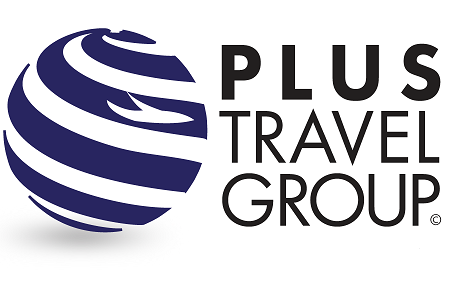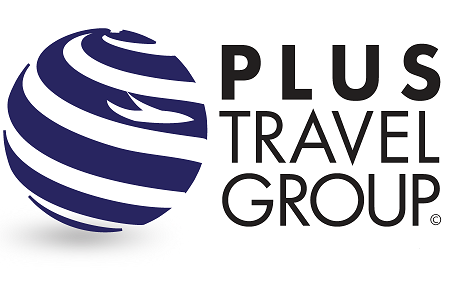Writing a travel policy isn’t necessarily easy or “black and white”. There can be many grey areas like cancelled flights, upgraded cars and hotel rooms, limos and extravagant meals. This may leave you wondering if creating a travel policy is worth the effort!
It’s actually the grey areas that are the very reason to create and/or update your travel policy. Travelling employees need to understand what is acceptable; what is acceptable with reason; and what is not acceptable.
Travel policies vary by company and organization. Your policy depends on company goals, travel practices and culture. Here are some things to keep in mind in creating an effective travel policy:
TRAVEL POLICY – AIR
- What is your company’s standard for air travel? Do travelers always select the lowest in policy option or do you allow flexibility and options for longer flights?
- Are changes allowed after the flight is booked? If so, do changes require approval?
- How far in advance should travellers be booking their flights to ensure the best rates? What are the restrictions/requirements for last minutes booking?
- Are upgrades for air travel reimbursable, or at the traveller’s expense?
- If a non-direct option will provide a savings of $XXX dollars or more, should these flights be booked instead of direct flights? If so, you need to set parameters. For example, routing requires no more than one (1) stop for each way of a roundtrip. Routing does not increase the one-way total elapsed trip time (origin to destination) by more than 2 hours.
When determining the lowest “in policy” airfare definition, consider the following:
- Specially Negotiated Fares
- Non-refundable Fares and Penalty Fees
- Connecting and One-Stop Flights
- Alternate Airports
- Advance Purchase Fares
- Group and Meeting Fares
- Lower Cost Non-preferred Carriers
- The number of bags that your company will pay
TRAVEL POLICY – HOTEL
- Should employees book company negotiated/preferred hotel properties only or can they book other properties? Organizations should make available their list of negotiated rates and encourage travellers to leverage these properties whenever possible and within policy and meet volume requirements.
- What is your company’s standard accommodation? A single room in a moderately priced business class hotel?
- Does your company have major city rates and guidelines? For example, in Canada, hotel rates may not exceed $300/night in major cities otherwise rates are not to exceed $200.
- Can travellers upgrade their room without permission? What if there is a cost to the company?
- Is the use of Airbnb and other shared type accommodations outside the travel program allowed? Currently, many organizations are reviewing the use of Airbnb and other similar sharing services. Before permitting such programs, it’s important to consider all factors including savings, traveler satisfaction, safety, regulations, and integration into the travel program.
TRAVEL POLICY – CAR RENTAL
- Should employees always book the company negotiated/contracted car rental or can they book other rental companies? Organizations should make known their preferred vendors and encourage travellers to support them whenever possible to meet volume requirements.
- What car size car should employees book? Are there exceptions to this rule? For example; a full-size vehicle or minivan is permitted if the traveler is transporting equipment or 3 or more employees are travelling together. Approval prior to booking is required for any vehicle larger than intermediate size.
- If the traveller forgets to fill the gas tank prior to dropping off the car, will the company cover these charges?
- Does your company’s insurance cover car rentals? Should travellers purchase car rental insurance?
- Are car accessory costs such as GPS system, allowed?
- Can travellers accept car rental upgrades if there is an additional charge?
- Are traffic and parking tickets while operating a rental or personal vehicle for business reimbursable?
- When should employees book car rentals? For example; only if less expensive than taxis and airport shuttles.
- Is the use of Uber and other car share programs permitted? Before permitting such programs, it’s important to consider all factors including savings, traveler satisfaction, safety, regulations, and program integration.
Most Travel Management Companies will provide travel policy assistance, samples and templates. Be sure to leverage their expertise and resources to help you when developing your company travel policy!
Safe Travels!
Can we help? Contact us for more information and assistance with your travel policy.


